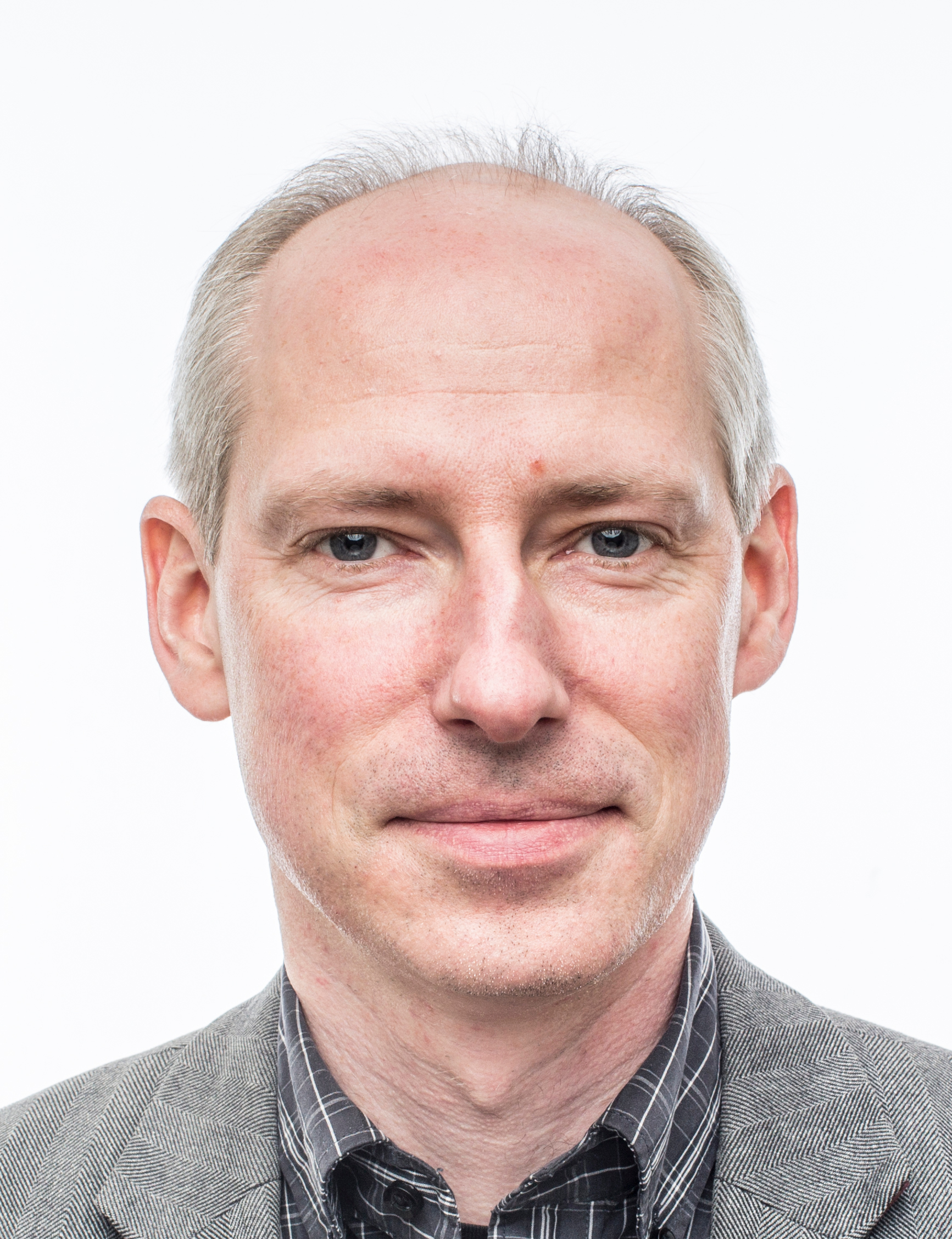Quantum Foundations
Seminar series on the foundations of Quantum Mechanics
Fall 2012
Quantum Theory is an enormously successful theory from a practical point of view. It correctly predicts both non-relativistic and relativistic phenomena to extraordinary precision and has driven major technological developments such as the laser, superconductivity and micro-circuitry. Recent experimental advances show coherence and entanglement of quantum systems routinely. And yet, even after more than a century, nobody seems to understand quantum mechanics. What are the properties that distinguish quantum systems from classical systems? Is the quantum-mechanical description complete? What does it describe?
This seminar series is not intended to explain quantum mechanics, but rather to expose the difficulties. There will be three themes: the building blocks of quantum mechanics, the difference between quantum and classical systems, and questions of interpretation.
Place
The seminars will take place Thursdays at 15:15 in Signalen, and take (nominally) one hour. Any changes in this will be announced. Let me know if you want to receive such announcements by email.
The seminars will contain (subject to change):
- (20 Sept) Basic notions, black-body radiation, the photoelectric effect, quantization, matrix mechanics, undulatory (wave) mechanics
- (27 Sept) More on matrix mechanics, complex amplitudes, harmonic oscillator, the canonical commutation relation, derivative operators, equations of motion, comparison with wave mechanics
- (4 Oct) The Born rule, Dirac's notation (modern QM), uncertainty relation(s), complementarity
- (11 Oct) The Einstein-Bohr debate on consistency, completeness and the Einstein-Podolsky-Rosen argument
- (18 Oct) von Neumann's impossibility theorem, Bell's theorem, local hidden variables, entanglement, quantum "nonlocality", experimental tests and their problems
- (1 Nov) Contextual hidden-variable models, existence of properties as separate entities, joint measurability, the Kochen-Specker theorem, Gleason's theorem
- (8 Nov) Entanglement, Greenberger-Horne-Zeilinger, quantum teleportation, quantum bomb-testing, quantum Zeno effect
- (15 Nov) The measurement problem, von Neumann's measurement paradigm, generalized measurements, decoherence models, the quantum-classical "cut", dynamical collapse models, Ghirardi-Rimini-Weber
- (6 Dec) The recent experiment that rules out the fair sampling loophole for entangled photons
- (24 January) de Broglie-Bohmian mechanics, non-local hidden variables, Everett, the many-worlds interpretation, the problem of probability therein, quantum Bayesianism, subjective quantum states
Since I know that there will be participants with little formal knowledge of quantum mechanics, I will explain the needed theory as we proceed. Some knowledge of probability theory, linear algebra, and complex numbers will be enough to follow most of the discussion.
PhD-level course on the foundations of Quantum Mechanics
This seminar series can be used as a course for PhD students, at a nominal size of 6 hp. The examination would consist of reading, presenting and discussing a recent (or important) paper in the field. Contact me for details.
Examination assignments
The assignment is to read and present a paper, say a fifteen-twenty-minute presentation followed by discussion. Some suggestions (some are really good papers, some are not):
- Heisenbergs response to EPR, unpublished 1935, (English translation) preprint, 2011, for a planned book '"The Einstein Paradox": The debate on nonlocality and incompleteness in 1935'.
- Aspect's experiment(s), Aspect et al, PRL 1981, PRL 1982a, and PRL 1982b.
- Testing noninvasive measurability, Leggett and Garg, PRL 1985
- How the result of a measurement of a component of the spin of a spin-1/2 particle can turn out to be 100, Aharonov, Albert, and Vaidman, PRL 1988
- Jonathan Fors (31 January): Bell Inequality for Position and Time, Franson, PRL 1989 and Aerts et al, PRL 1999
- Eduardo Antunez de Mayolo (21 March, 10:15): Laser cooling and trapping of neutral atoms, RMP 1998
- Jens Ogniewski (7 March): A Heisenberg microscope for correlated photons, Dopfer, PhD Thesis (in German), Ch. 4, 1998
- Anna Orlof (7 February): Wave-particle duality of C60 molecules, Arndt et al, Nature 1999
- Christopher Tholander (28 February): Measuring the speed of quantum information, Scarani et al, PLA 2000
- Hans Lind (28 February): Nonlocal Hidden-Variable Theories and QM: an incompatibility theorem, Leggett, Found. Phys. 2003 and Gröblacher et al, Nature 2007
- Universally valid reformulation of the Heisenberg uncertainty principle on noise and disturbance in measurement, Ozawa, PRA 2003
- Single-Particle Diffraction and Interference at a Macroscopic Scale, Couder and Fort, PRL 2006
- Daniel Edström (31 January): Paradox in Wave-Particle Duality, Afshar et al, Found. Phys. 2007
- Muhammad Ajmal (14 February): Information causality as a physical principle, Pawlowski et al, Nature 2009
- Aysajan Abidin (21 March, 10:15): No extension of quantum theory can have improved predictive power, Colbeck and Renner, Nature Comm. 2011
- Alexander Lindmaa (14 February): On the reality of the quantum state, Pusey et al, Nature Physics 2012
More may appear. You are free to suggest papers yourselves.
Extra reading

Jan-Åke Larsson
Contact:
Department of Electrical Engineering
Linköping University
+46(0)13 281468
< >
Page responsible: Jan-Åke Larsson
Last updated: 2013-03-07
 LiU startsida
LiU startsida
